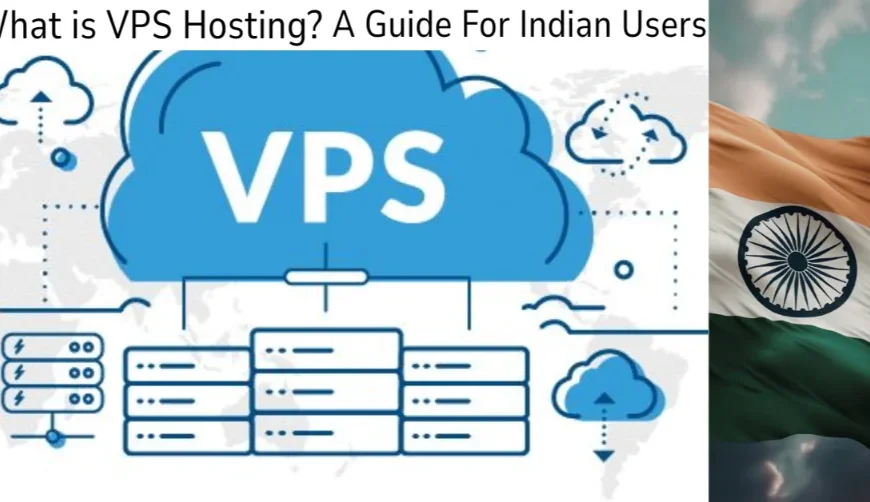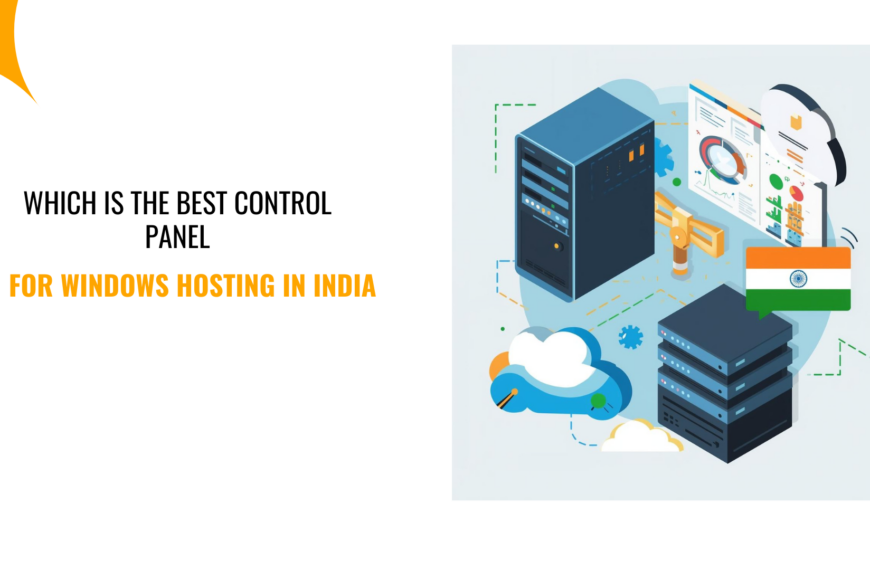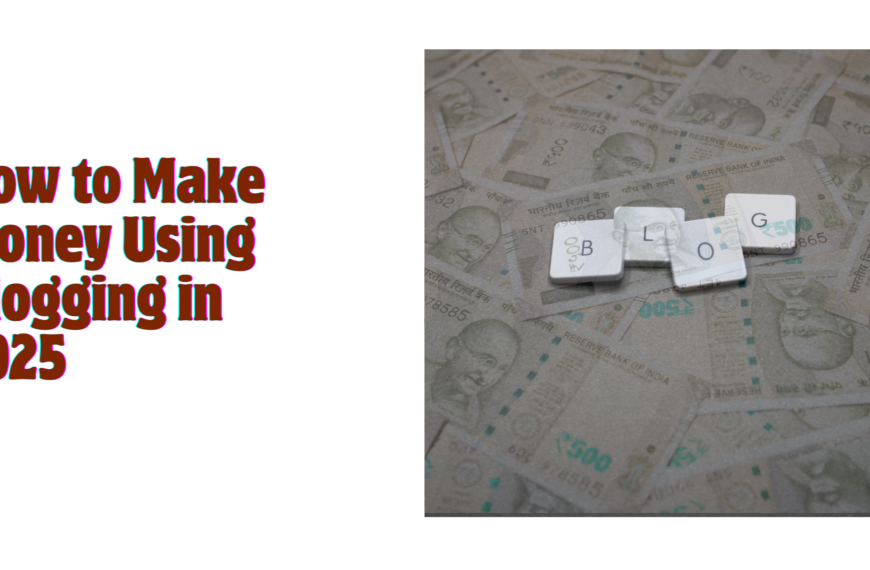So, you’re blogging or dreaming of starting one — great choice! But let’s get real about blogging laws in India.
Knowing the rules keeps you out of trouble and lets your creativity shine.
This guide answers your big questions:
- Can you get sued?
- Are blogs copyrighted?
- What about using other people’s stuff?
We’ll cover it all, plus how to protect your work.
What Are Blogging Laws Anyway?
Blogging laws are the rules you follow when you publish online.
In India, just as in other jurisdictions, blogging laws and guidelines touch on privacy, copyright, and what you’re allowed to say.
You’ve got freedom to express yourself, but there are boundaries. Cross them, and you might face complaints — or worse.
Blogging and Privacy
Your blog might grab details—like emails from a newsletter sign-up but as the blog owner you need to make sure to only use these as intended, eg maintaining a newsletter, fulfilling orders, etc..
India’s upcoming Personal Data Protection Bill (PDPB) (still in draft as of March 25, 2025) will make it a must to handle this carefully.
Right now, the Information Technology Act, 2000 already says no funny business with personal data.
Add a Privacy Policy
You need a page saying what info you collect—like IP addresses from analytics—and what you do with it.
It’s not optional; it’s a legal shield. Skip it, and you’re asking for trouble.
Real-World Risk
Picture this: a reader in Bengaluru leaves a comment. You store their email without telling them how you’ll use it. Next, they start receiving annoying promotional emails from your team.
They could report you to the Cyber Cell — not fun.
“I just want to connect with my audience!” you say. Cool— just be upfront about it.
A clear policy keeps you safe.
Copyright: Yours and Theirs
Do Blogs Have Copyright?
Yes! The moment you hit “publish,” your words, pics, or videos get automatic copyright under India’s Copyright Act, 1957.
No paperwork needed—it’s yours.
Can I Use Other People’s Content on My Blog?
Not without permission.
That photo from a random site? That quote from a book? If it’s not yours or free to use (like public domain or Creative Commons), you’re breaking the law.
Always check the license of the assets you use on your sites.
What Happens If You Don’t?
Say you’re blogging about cricket and snag a Virat Kohli pic from Google.
The photographer could send a takedown notice—or sue for damages. Better safe: use your own shots or free sites like Pixabay.
- Quick tip: Credit doesn’t equal permission — ask first.
- My take: I stick to my own photos now. Less stress, more control.
Defamation: Can You Get Sued for Writing a Blog?
Yes, you can get sued! Defamation means writing something false that trashes someone’s rep—like saying a shop in Pune cheats customers without proof.
India’s Indian Penal Code (IPC), Section 499 calls this libel.
How to Avoid It
Stick to what you can prove. Saying “I didn’t like their service” is safer than “They’re crooks.”
If you’ve got evidence, use it—truth defends you in court.
A Cautionary Tale
Imagine you slam a local politician online, no facts, just rumors. They sue, and you’re stuck with legal fees—or jail time (up to two years under IPC).
Keep it honest, keep it smart.
Disclosures: Money Talks
Earning cash from ads or affiliate links?
The Advertising Standards Council of India (ASCI) says tell your readers. Affiliate disclosure is also an FTC requirement.
Try this: “This post has affiliate links—I might earn if you click.” Put it where they’ll see it—top or bolded.
Trademarks: Don’t Play Pretend
Brands like Reliance or Bajaj own their names and logos under the Trademarks Act, 1999.
Mention them, fine—just don’t hint they’re backing you without proof.
Stay in Your Lane
Blogging about a Tata car? Say “I love it,” not “Tata sent me this.” Using their logo? Get their okay first.
Trouble Brewing
Blur the lines, and you might get a legal notice. Keep your blog yours, not theirs.
Can You Write a Blog About Anything?
You’ve got a voice, but not a free-for-all pass.
India’s laws ban hate speech, obscenity, and threats—check the Constitution and IT Act.
Where’s the Line?
Ranting about a religion to incite hate? That’s a no-go under IPC Section 153A. Opinions are cool; illegal provocation isn’t.
My Advice
I say what I think, but I steer clear of legal gray zones. Pick topics you love, and you’ll rarely hit a wall.
How to Protect Intellectual Property on Your Blog?
Your blog’s your brainchild—guard it! Copyright kicks in automatically, but you can add muscle.
- Watermark images: Slap your name or logo on pics—deters thieves.
- Add a notice: Try “© 2025 [Your Name], All Rights Reserved” at the bottom.
- Use tools: Google Alerts tracks if someone copies your stuff.
If Someone Steals
Spot your post on another site? Send a polite “take it down” email first. No luck? File a DMCA notice through their host—or talk to a lawyer in India.
Contests and Sales: Extra Care
Contests Need Rules
Running a giveaway? Some states flag it as gambling under the Public Gambling Act, 1867.
So it’s prudent you check your local laws — better safe than sorry.
Selling Digital Goods?
Got an eBook? Add Terms and Conditions—like “No refunds after download.” It’s your safety net if buyers complain.
Your Legal Starter Kit
Here’s what every Indian blogger needs:
| Page | Purpose | Keep It Simple |
|---|---|---|
| Privacy Policy | Shows how you handle data | “I collect emails for updates” |
| Disclaimer | Limits blame for tips | “This isn’t pro advice—use wisely” |
| Terms of Use | Rules for your site | “Don’t copy my work” |
You could grab templates online, tweak it for your blog, and you’re set.
Wrap-Up: Blog Smart, Stay Safe
India’s blogging laws aren’t here to scare you—they’re guardrails.
Set up those pages, respect others’ work, and speak your truth carefully. You’ll thrive.
Laws shift, so keep an eye out. For now, blog bold and legal—you’ve got the tools!
 Web HostingBudget-friendly shared hosting plans
Web HostingBudget-friendly shared hosting plans Domains SearchFrom .com to unique country domains, explore and register extensions worldwide.
Domains SearchFrom .com to unique country domains, explore and register extensions worldwide. WordPress HostingPower your blog or business with WordPress hosting.
WordPress HostingPower your blog or business with WordPress hosting. Email HostingSimple, secure email hosting that helps you stay connected and professional.
Email HostingSimple, secure email hosting that helps you stay connected and professional. Reseller HostingStart your own hosting business with easy and reliable reseller hosting plans.
Reseller HostingStart your own hosting business with easy and reliable reseller hosting plans. AffiliateJoin our affiliate program and earn commissions every time you bring in new customers.
AffiliateJoin our affiliate program and earn commissions every time you bring in new customers. cPanel HostingHosting powered by cPanel, the world’s most user-friendly control panel.
cPanel HostingHosting powered by cPanel, the world’s most user-friendly control panel. Windows HostingBuilt for Windows applications and websites
Windows HostingBuilt for Windows applications and websites IN Domain PricesDon’t miss out on the best domain deals in India!
IN Domain PricesDon’t miss out on the best domain deals in India! WHOIS LookupFind out who owns a domain name with a quick and easy WHOIS search.
WHOIS LookupFind out who owns a domain name with a quick and easy WHOIS search. Domain TransferTransfer your domain to us and enjoy reliable support every step of the way.
Domain TransferTransfer your domain to us and enjoy reliable support every step of the way. .Com DomainGet the most trusted domain for worldwide credibility
.Com DomainGet the most trusted domain for worldwide credibility All TldsSearch and register domain extensions worldwide.
All TldsSearch and register domain extensions worldwide. Managed VPS HostingNot a tech expert? Choose our fully managed VPS service.
Managed VPS HostingNot a tech expert? Choose our fully managed VPS service. Dedicated ServersTake full power and total control of your own physical server.
Dedicated ServersTake full power and total control of your own physical server.







